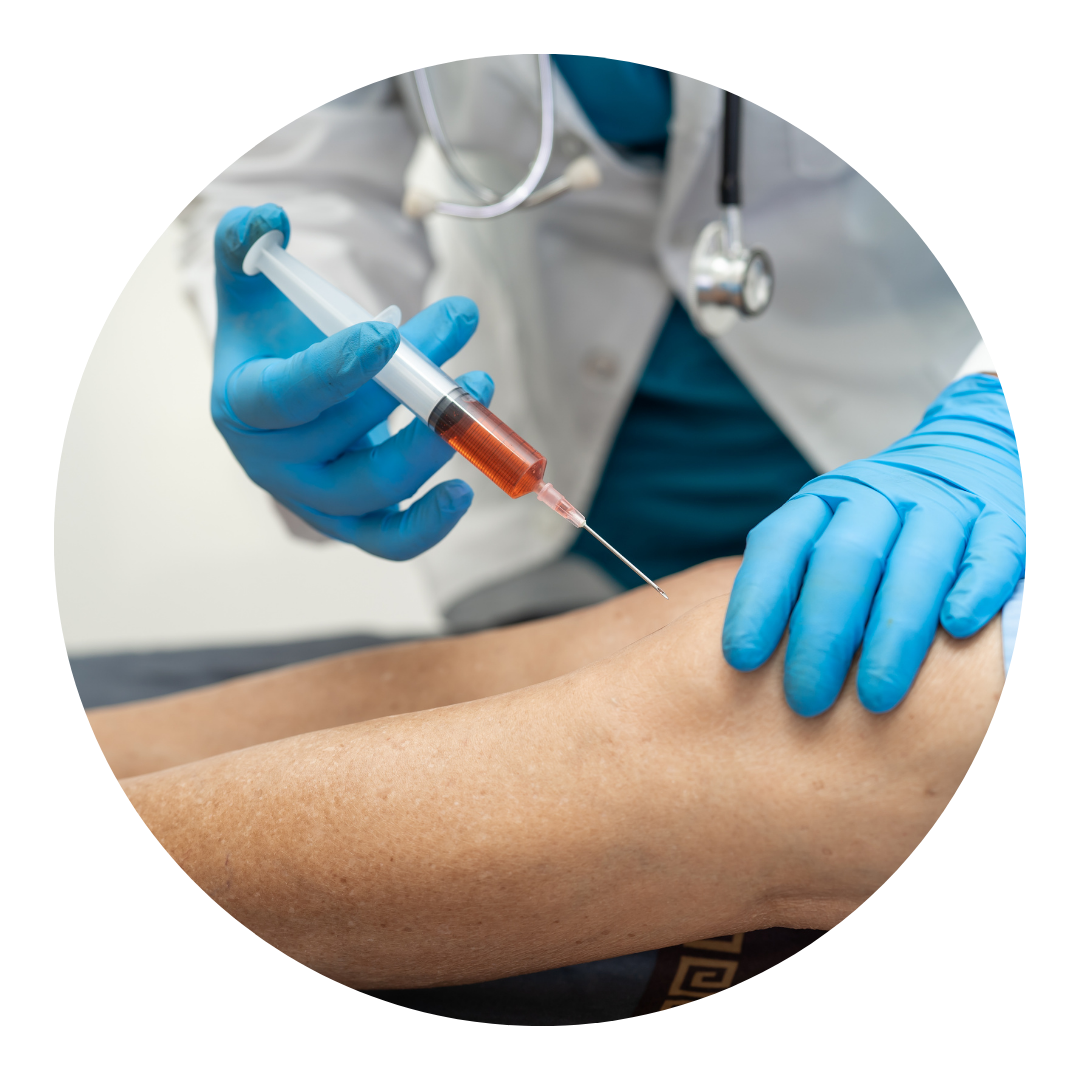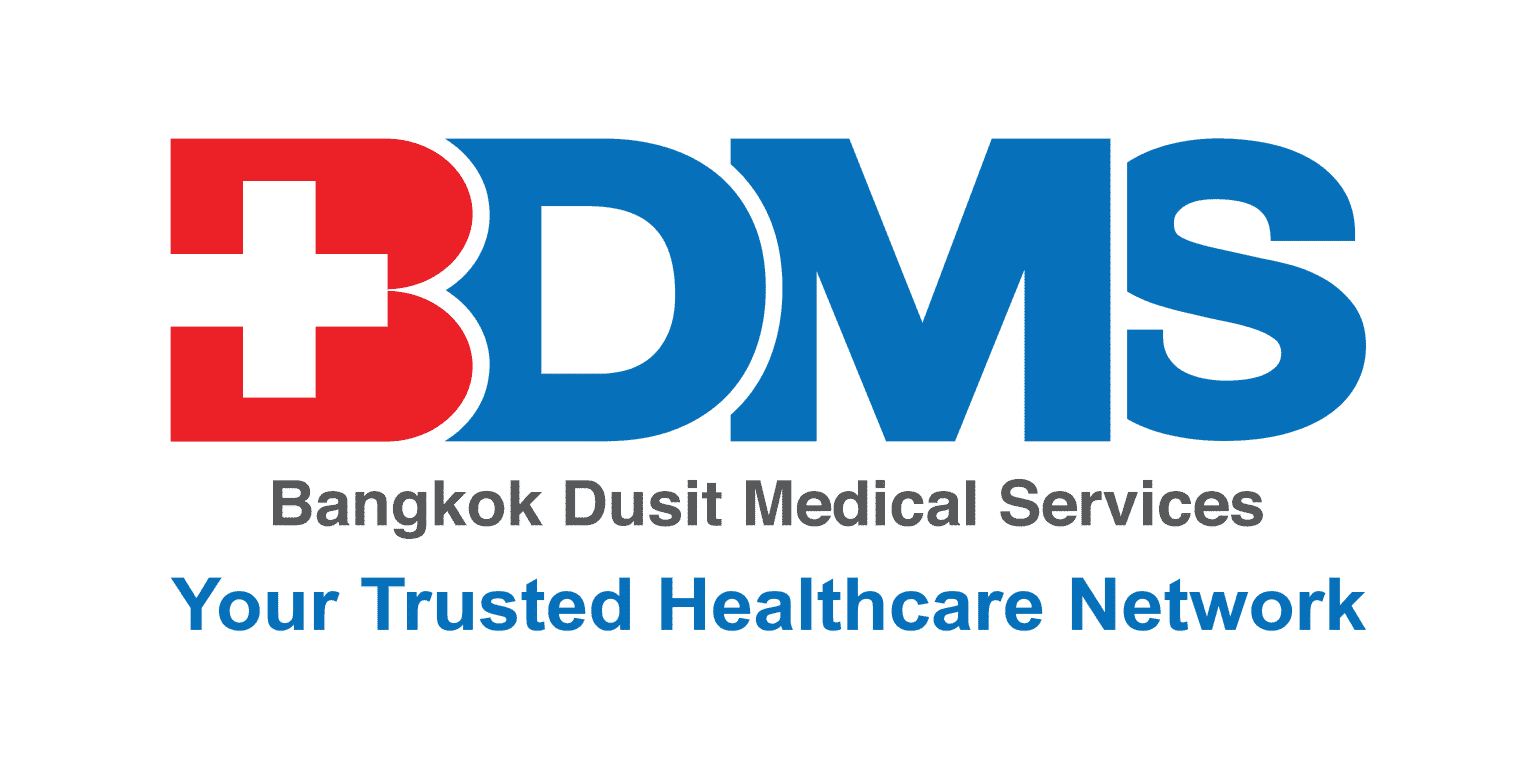
PRP: A Non-Surgical Approach to Reduce Pain from Osteoarthritis
PRP (Platelet Rich Plasma)
is a treatment aimed at alleviating pain from injuries or chronic inflammation related to osteoarthritis, tendons, muscles, bones, and soft tissues by injecting concentrated platelets from the patient’s own blood back into the injured area, providing an alternative to surgery.
- In the first 1-2 weeks post-injection, there may be inflammation at the injection site (in some patients), resulting from the tissue repair process
- In patients with severe symptoms, a single injection may not suffice (recommendation is three injections for osteoarthritis)
- Mild pain or bruising at the injection site may occur, similar to routine vaccinations or injections
- Suitable for individuals:
Who have injuries or inflammation in nerve or muscle tissues and chronic conditions like osteoarthritis, which have not responded to other treatments Treatment Process:
- Blood collection through patient venipuncture
- Processing in a high-efficiency centrifuge
- Obtaining high-concentration Platelet Rich Plasma
- Injection into the affected area
Before and after injection, movement capability will be assessed to evaluate treatment efficacy for the patient.

Price for PRP Knee Injection:
• 1 injection: 25,000 baht
• 3 injections: 70,000 baht
**Terms and Conditions of Service
Price includes physician’s fee and hospital charges.
Price includes Anthropometric Styku 3D Body Scan.
Price does not include knee performance assessment by a physiotherapist.
Price does not include laboratory tests.
Services can be obtained at the Comprehensive Orthopedic Center, 2nd floor.
Please make an appointment 1 day in advance.
This price is valid until December 31, 2024
FAQ:
There are two procedural steps associated with minimal discomfort, comparable to that of a vaccine injection:
During the blood test (venipuncture).
PRP injection into the knee joint, which can be mitigated by topical anesthetic cream and a small local anesthetic injection.
For optimal results, we recommend three courses of injections, spaced three weeks apart for each course.
The entire process, from drawing blood for the test, takes approximately half an hour.
Typically, PRP begins to alleviate inflammation one-week post-injection, with an ongoing phase of repair and regenerative effects.
Scientific findings suggest that pain relief from PRP injections lasts approximately six months. Moreover, when combined with the Hyaluronic injection protocol, we anticipate extended preventative effects.



